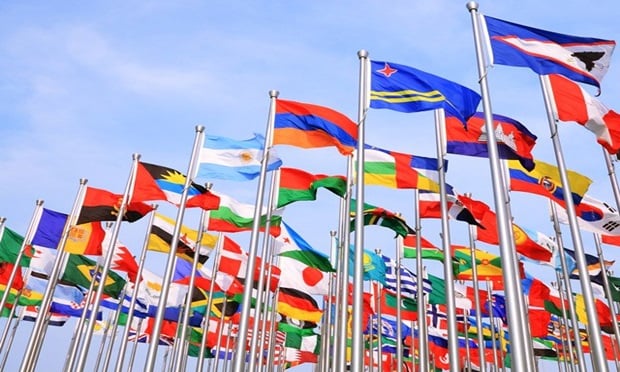Every state in the country has begun reopening their economies, but with nearly 43 million Americans having filed for unemployment benefits since nonessential businesses were shut down to stop the spread of COVID-19, a recovery is likely to be slow. Oxford Economics is predicting that the unemployment rate will stay at 10% through the end of the year, CNN reports. Some cities have been hit harder than others by the unemployment rate. A new study from WalletHub compared 180 American cities—including the 150 most populated cities in the country, plus at least one of the most populated cities from each state— to see where workers have been most affected by the economic fallout of the pandemic. The study looked at the change in each city's unemployment rate during April 2020 compared to January 2020 and April 2019. WalletHub also considered each city's unemployment rate overall. Related: $1.3 trillion down: These COVID-19-era unemployment stats are not pretty Using data from the Bureau of Labor Statistic, WalletHub notes that the BLS recently disclosed that it misclassified workers who were temporarily laid off not as "unemployed" but "absent from work because of other reasons." Consequently, because the real unemployment rates may be close to 33 percent higher than reported, WalletHub also included an "adjusted" rate that accounts for the misclassification. A panel of experts assembled by WalletHub doesn't express much optimism for a quick economic turnaround. "The jobs aren't going to come back as quickly as people hope and there will be a second wave of unemployment because of the looming budget crisis in state and local governments," says Christine Moser of Western Michigan University. "We'll need to re-imagine how we work and think beyond the standard approaches we have used for decades," says Linda Fisher Thornton of University of Richmond School of Professional and Continuing Studies. "There is so much change underway that I don't think it would be accurate to refer to the future as the 'post-pandemic' era, and we should instead refer to adjusting to life in a 'new pandemic reality.'" Read more:
Continue Reading for Free
Register and gain access to:
- Breaking benefits news and analysis, on-site and via our newsletters and custom alerts
- Educational webcasts, white papers, and ebooks from industry thought leaders
- Critical converage of the property casualty insurance and financial advisory markets on our other ALM sites, PropertyCasualty360 and ThinkAdvisor
Already have an account? Sign In Now
© 2024 ALM Global, LLC, All Rights Reserved. Request academic re-use from www.copyright.com. All other uses, submit a request to [email protected]. For more information visit Asset & Logo Licensing.








